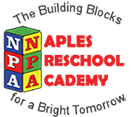Blog
In the preceding 9 months, you’ve read every book you could find about what to expect. You THINK you know what life will be like for the next 18 years.
Then all of a sudden, you’re home! You have a beautiful baby, it’s one of the most amazing things in the world! It’s also one of the scariest things you’ll ever do.
Never have you had this much responsibility. Every breath you take from this point on is all about that baby. Even when they’re adults with kids of their own, they are forever more your baby.
Every baby progresses at their own pace. PLEASE keep that in mind. Don’t compare what the neighbors 6 month old is doing to what yours is doing. Theirs may sit up first, yours may talk first. Trust your instincts. You’ll know if something is happening that shouldn’t be. Don’t be afraid to talk to your doctor. Trust me, they’ve heard it all.
Remember, your baby may be more or less advanced than the guidelines below:
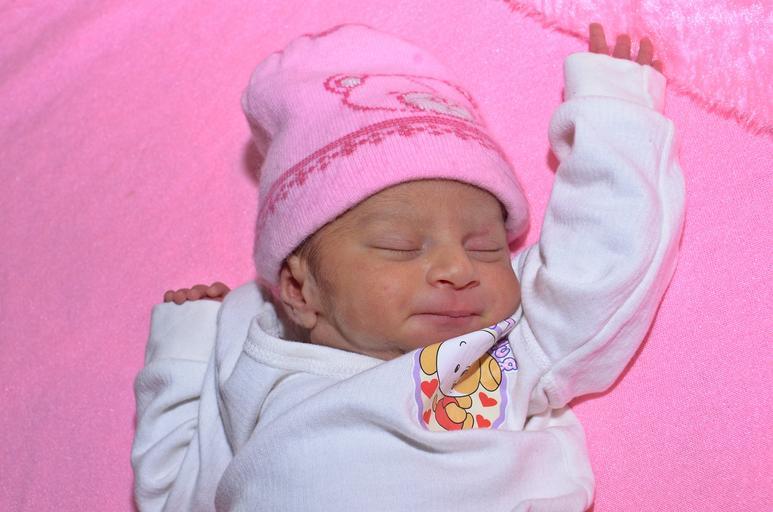
First Month
• Holds head up for short periods
• Moves head from side to side
• Begins making jerky arm movements
• Beings to touch their face
• Strong reflexes
• Turns their head towards familiar sounds, like your voice!
• Jumps at loud noises
• Bright lights startle them
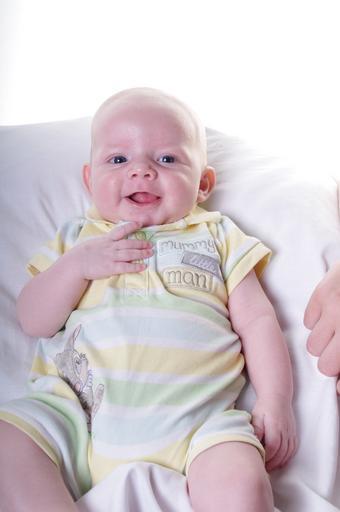
Second Month
• Smiles at you (BEST smile ever!)
• Follows objects with his eyes
• Coos and gurgles at you
• May repeat noises, such as “ah” or “ooh”

Third Month
• Raises head and chest when put on tummy
• Lifts head
• Kicks legs when lying on back
• Opens and closes hands
• Reaches for dangling objects (strongly suggest no dangly earrings right now)
• Grabs and shakes toys
• Begins to recognize familiar objects and people, even at a distance
• Begins to develop hand-eye coordination
• Learns to clap
• Kicks legs energetically
• Starts learning to control head when holding it up

Fourth Month
• Starts sleeping longer at night – up to 6 hours(FINALLY)
• Rolls over
• Sits with support
• Can lift head up to 90 degrees
• Begins to follow moving objects with eyes, up to a 180 degree arc
• Babbles and amuses self with new sounds
• Everything goes in the mouth, and we do mean everything they get their hands on
• Communicates pain, fear, loneliness and discomfort through crying
• Responds to noises
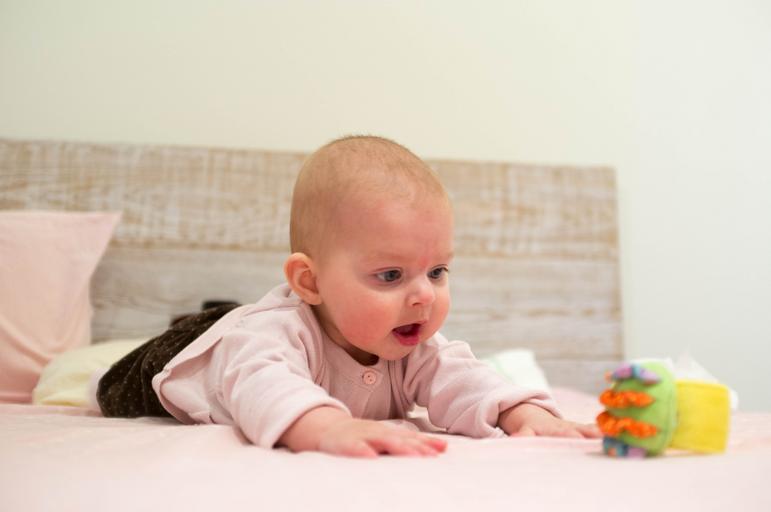
Fifth Month
• Pays attention to small objects
• Able to see further distances
• Begins to use hands to rake items to them
• Begins teething (NO you can’t hide till it’s over)
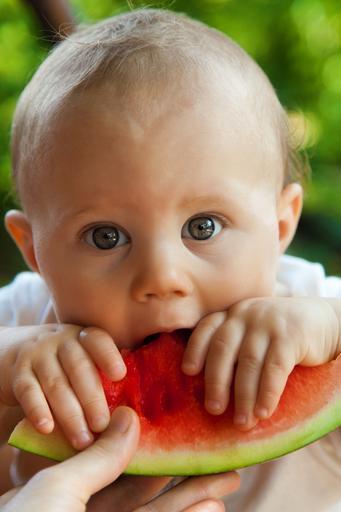
Sixth Month
• Keeps head level when pulled to sitting position
• Starts expanding the sounds they make
• Can sit up with minimal support
• Opens mouth for spoon
• Reaches for and grabs objects
• Rolls over and back
• Drinks from a cup with help
• Can hold bottle
• Copies some facial expressions
• Makes two-syllable sounds

Seventh Month
• Feeds self with finger foods
• Makes wet razzing sounds
• Turns in the direction of a voice
• Plays peekaboo
• Imitates many sounds
• Distinguishes emotions by tone of voice
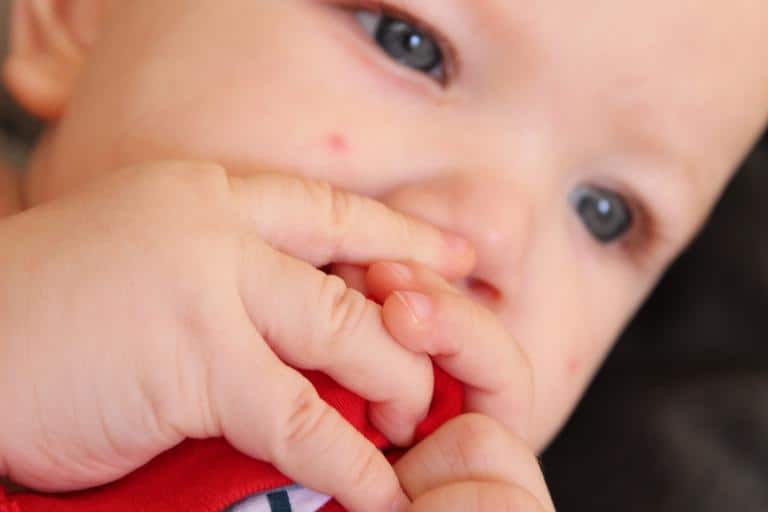
Eighth Month
• Chews on objects
• Reaches for utensils when being fed
• Turns head away when finished eating
• May sleep between 11 – 13 hours a night; takes 2 to 3 naps (may vary)
• Rolls all the way around
• Sits unsupported
• Gets on arms and knees in crawling position
• Has specific cries for various needs
• Babbles enthusiastically
• Tests gravity by dropping objects over edge of high chair (again and again and again, forever!)
• Responds to own name
• Has different reactions for different family members
• Shows some anxiety when removed from parent

Ninth Month
• Reaches for toys
• Drops objects and then looks for them
• Becomes interested in grabbing the spoon during feedings
• Goes from tummy to sitting up by theirself
• Picks up small objects

Tenth Month
• Understands the concept of object permanence
• Gets upset if toy is removed
• Transfers object from hand to hand
• Stands holding onto someone
• Pulls to standing
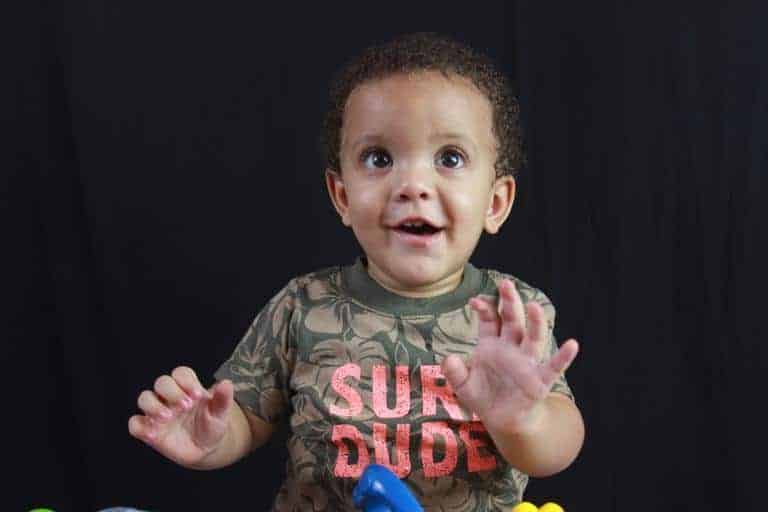
Eleventh Month
• Says “ma-ma” and “da-da” appropriately
• Understands “no”
• Claps hands
• Waves bye-bye
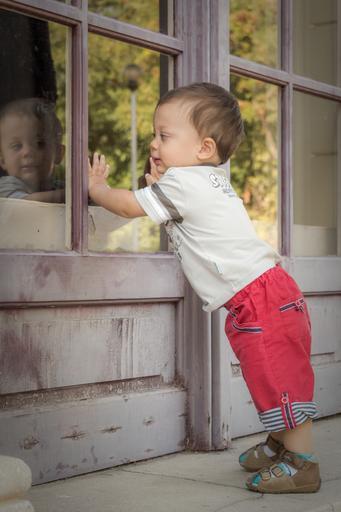
Twelfth Month
• Decreases number and length of naps
• Triples birth weight
• Bangs things together (loudly)
• Puts objects into containers and then takes them out (over and over)
• Voluntarily lets objects go
• Discovers how much fun it is to open and shut the cabinets and pull things out
• Crawls well
• “Cruises” furniture
• Walks with adult help
• “Dances” to music
• Interested in books and may identify some things
• May understand some simple commands
• Fearful of strangers
• Shares toys
• Wants toys back
• May form attachment to an item
• Pushes away what he doesn’t want
• Prefers to push, pull and dump items
• Understands use of certain objects
• Tests parental responses to behavior
• Extends arms and legs when getting dressed
We can’t stress enough, these are guidelines. Your child will do some things ahead or behind of schedule. Trust your instincts. You’ll KNOW if something isn’t right. Talk to your doctor, share your concerns.
This article was written using resources from the following:
www.today.com
www.webmd.com
www.americanpregnancy.com
Our own experience!
